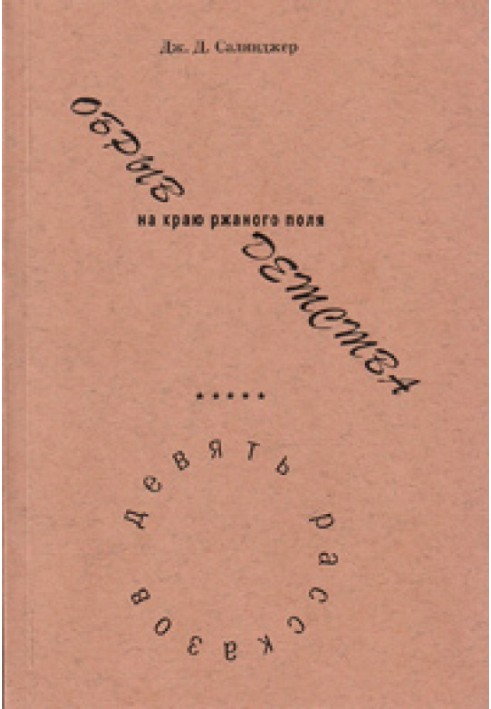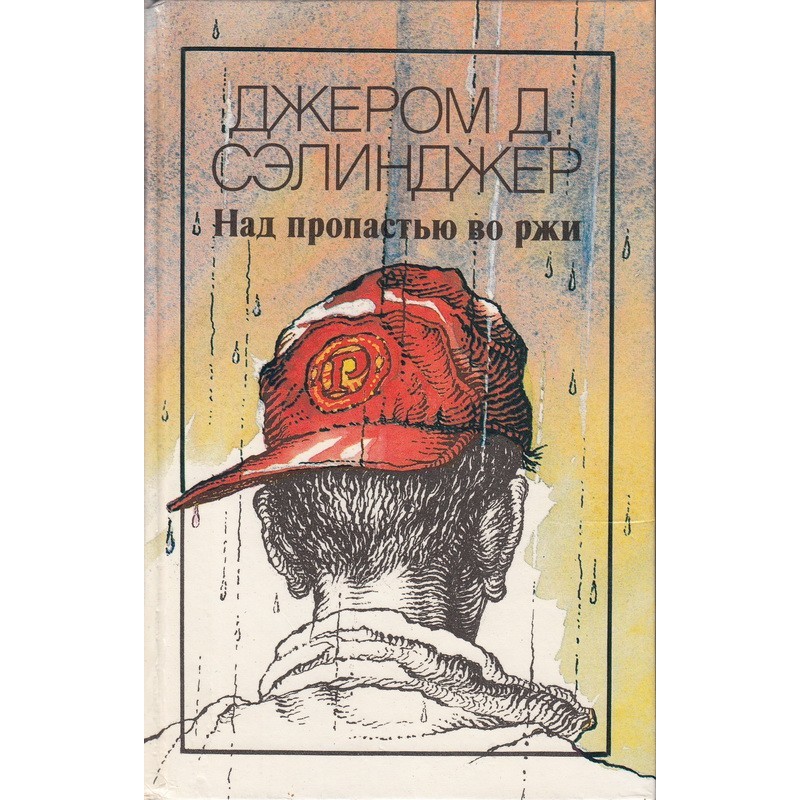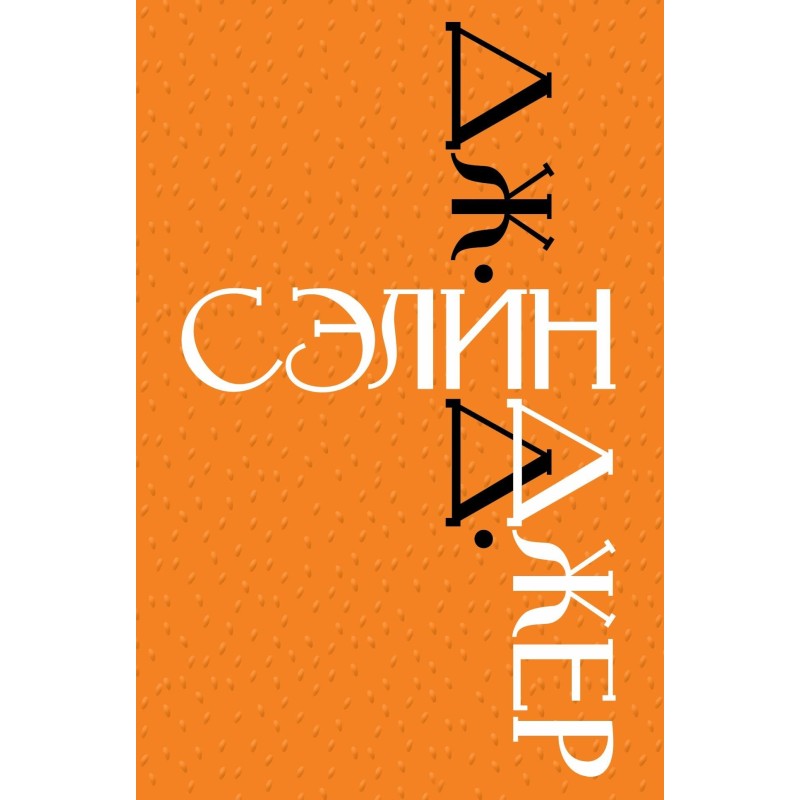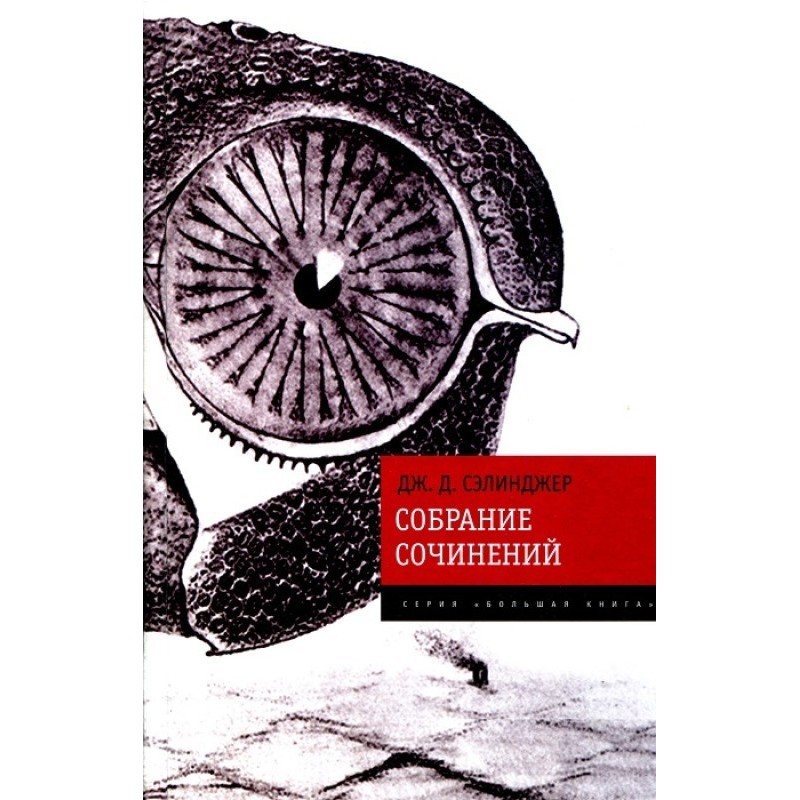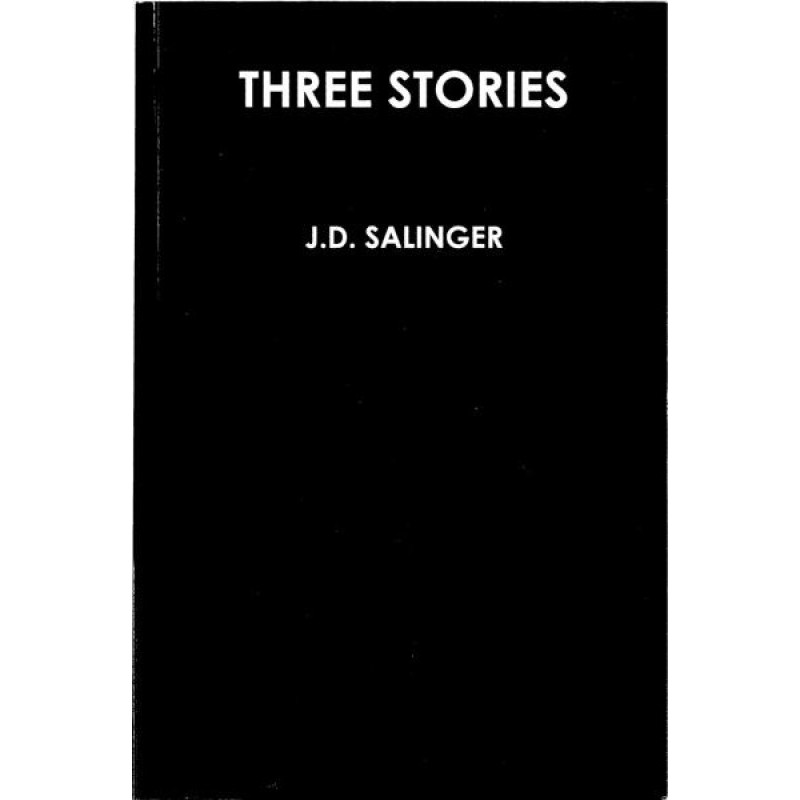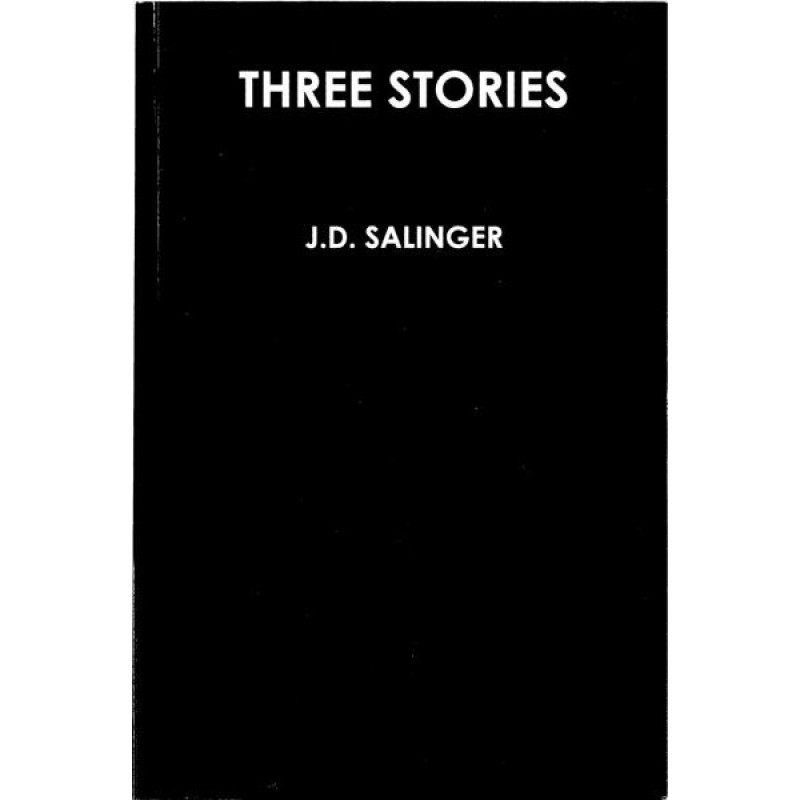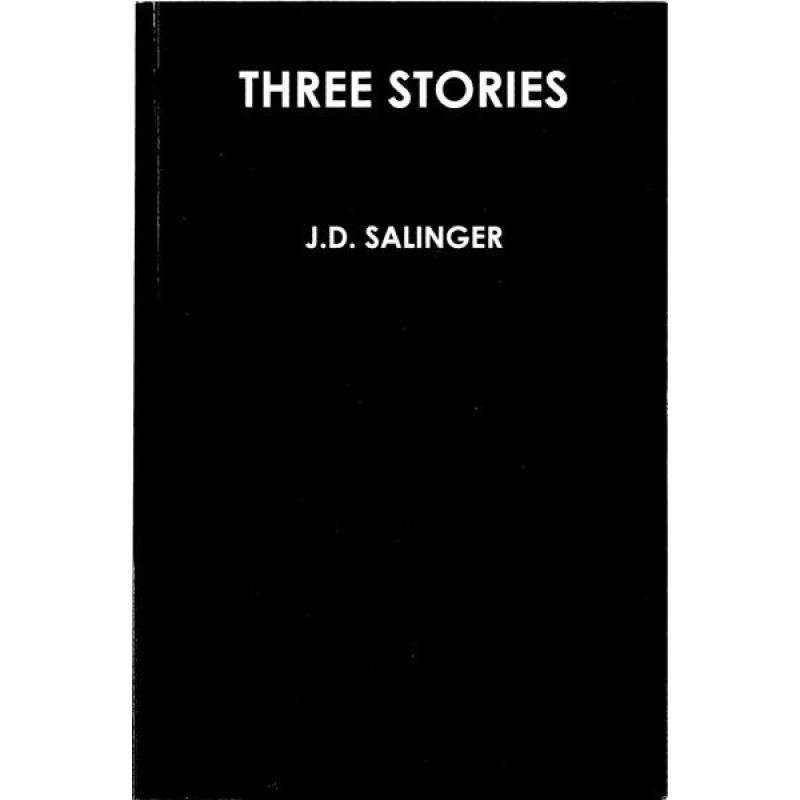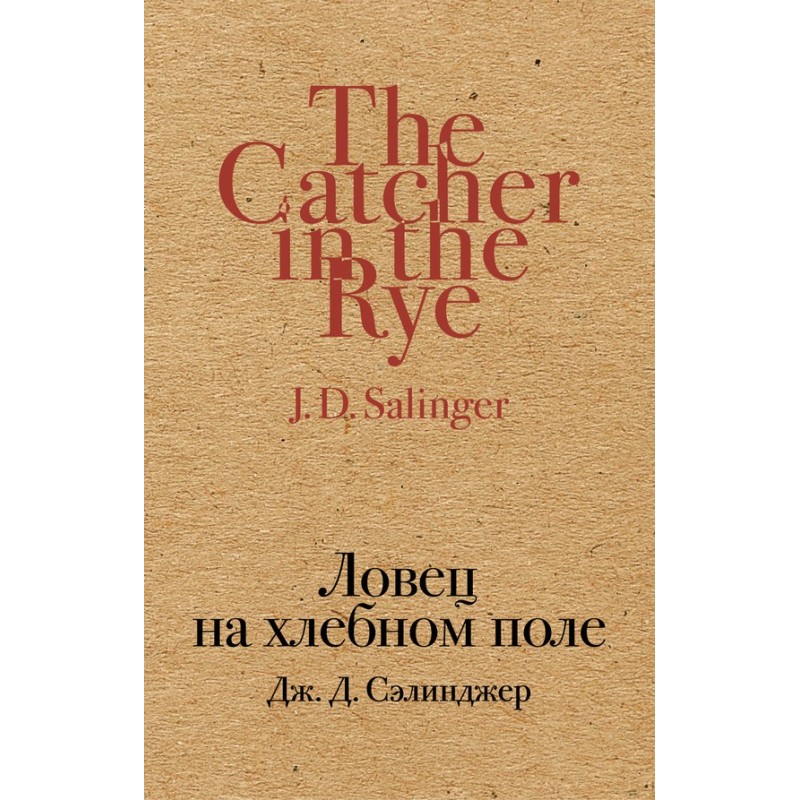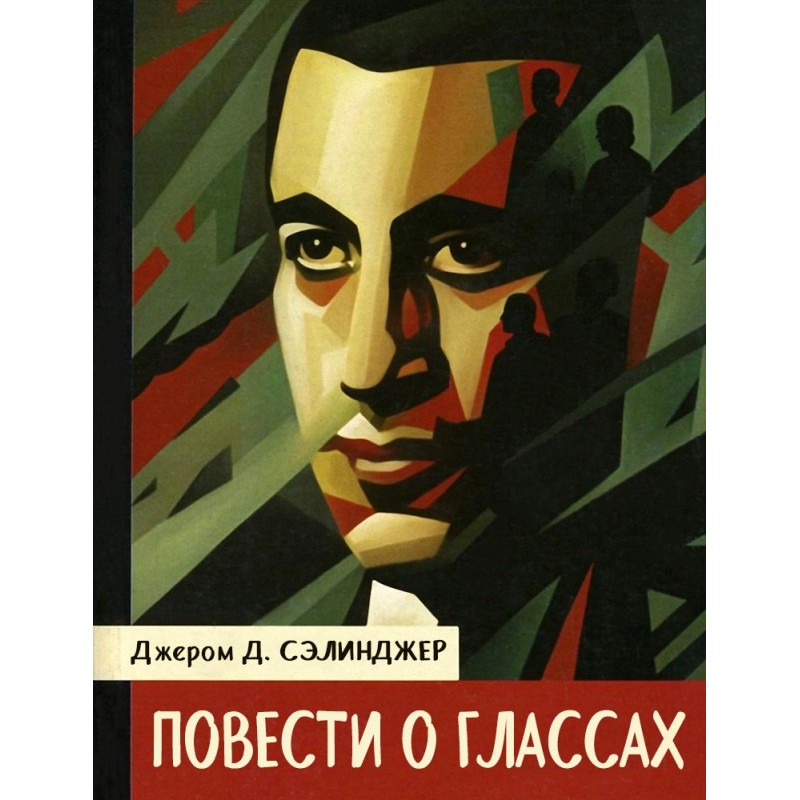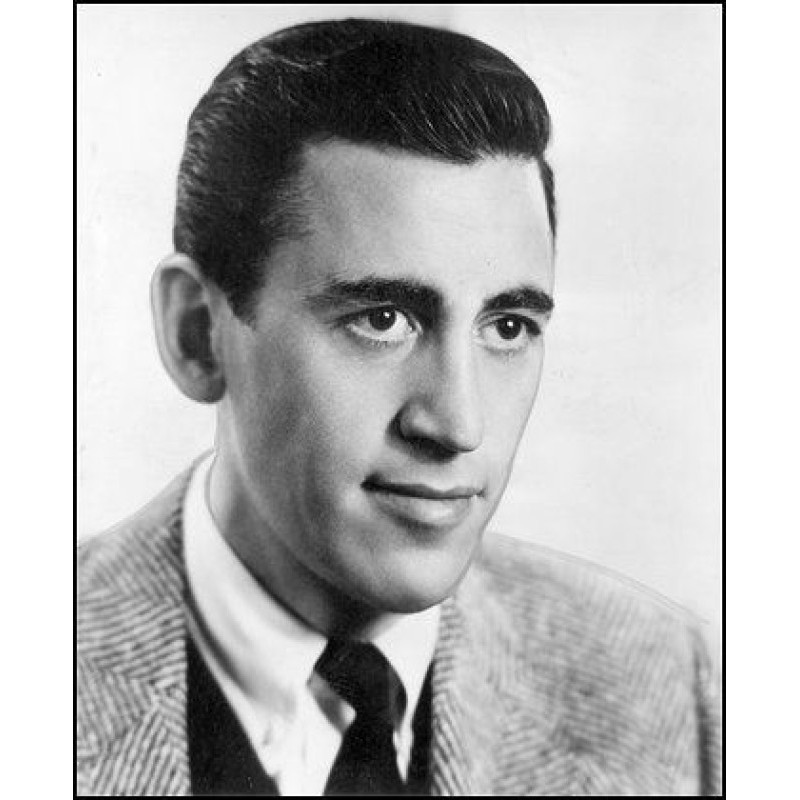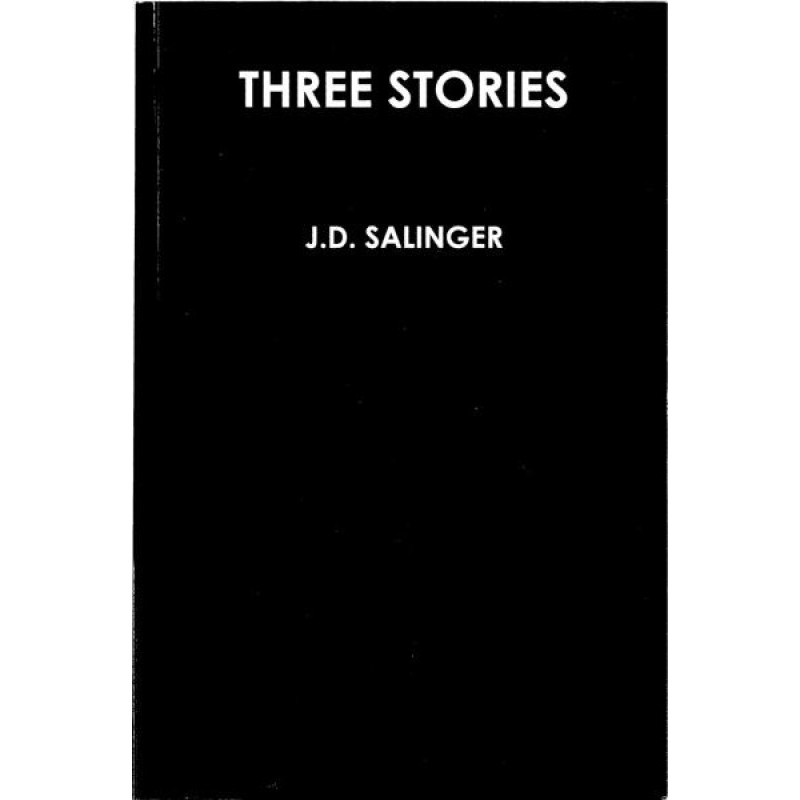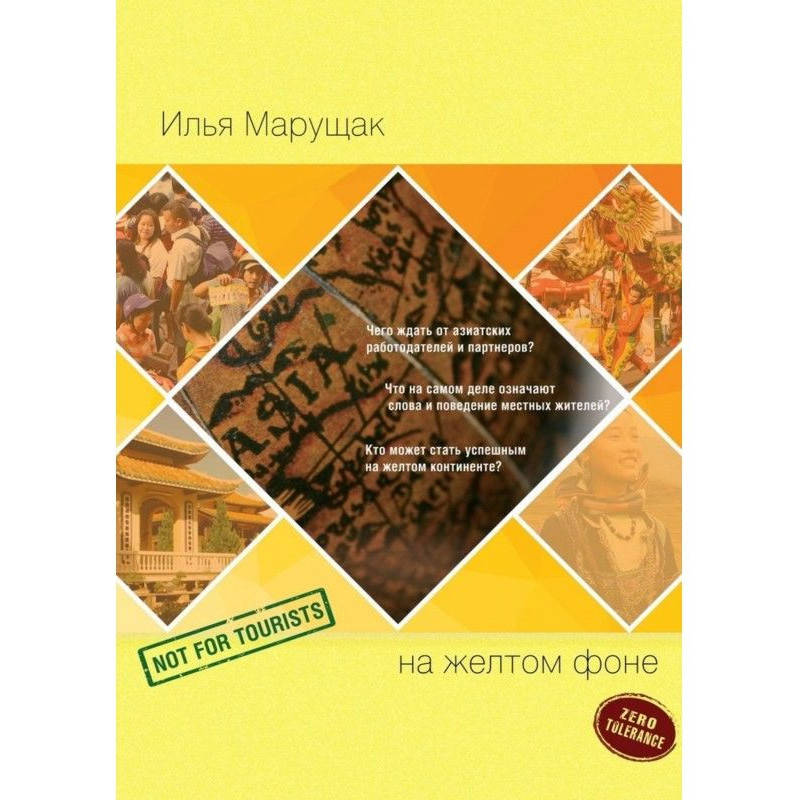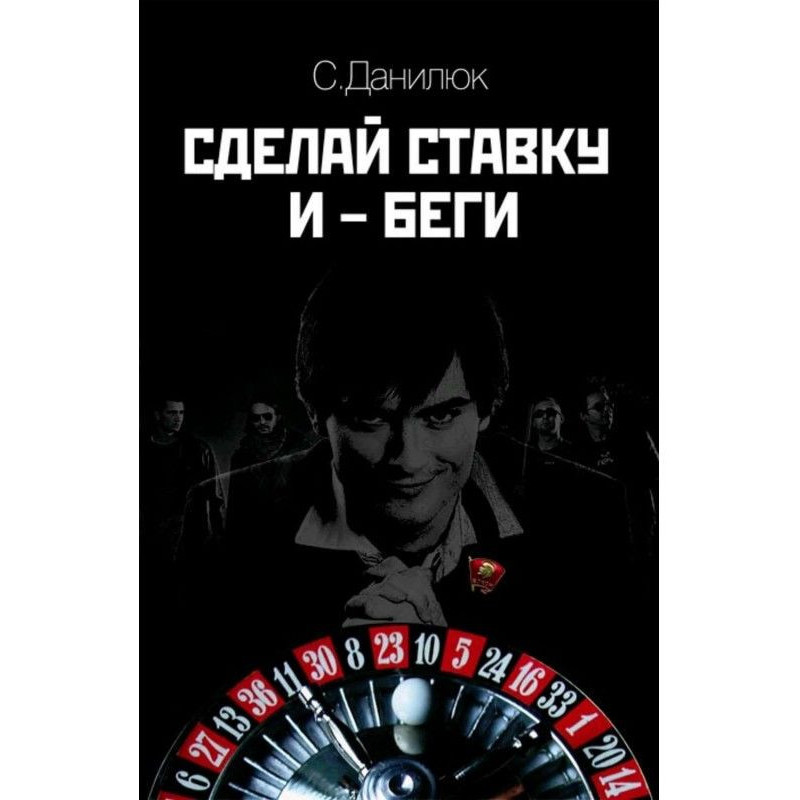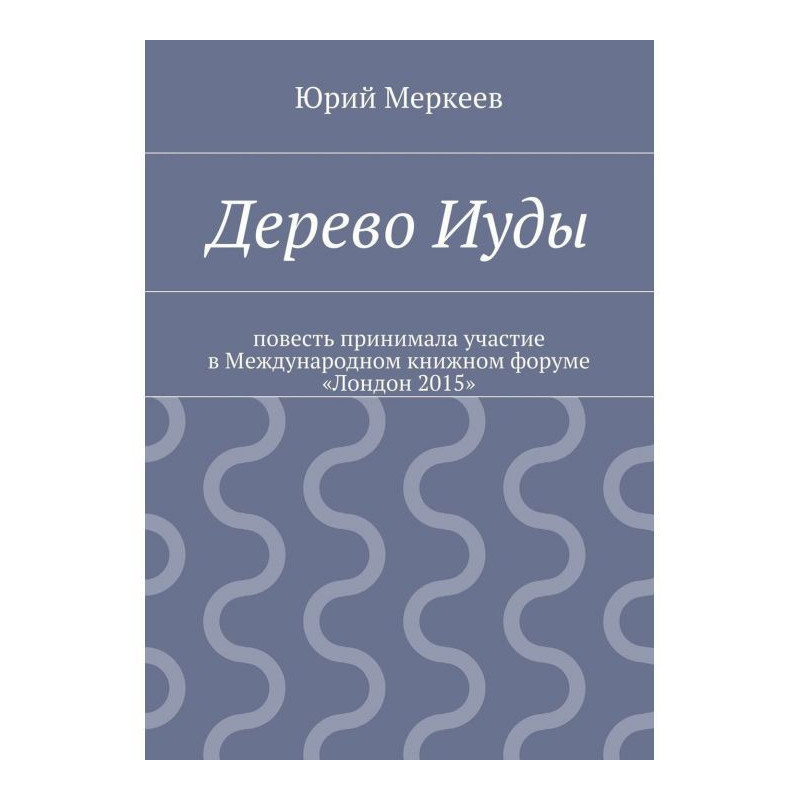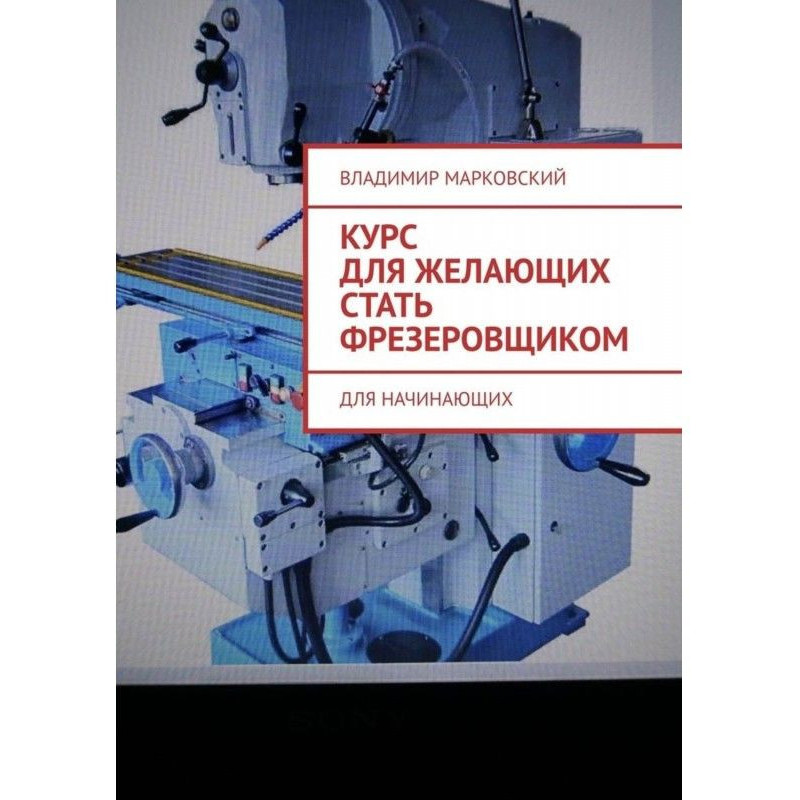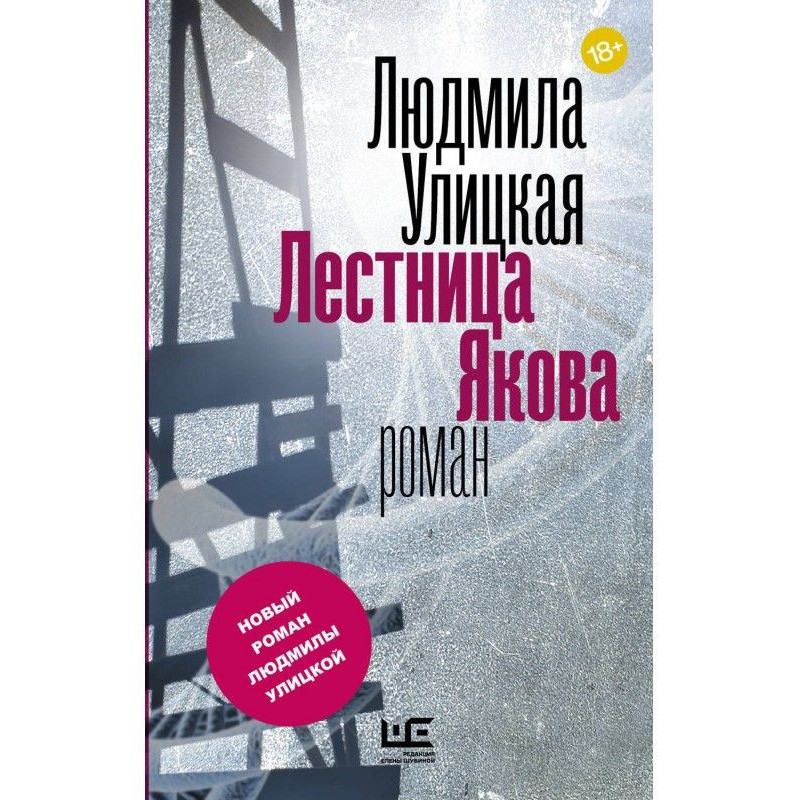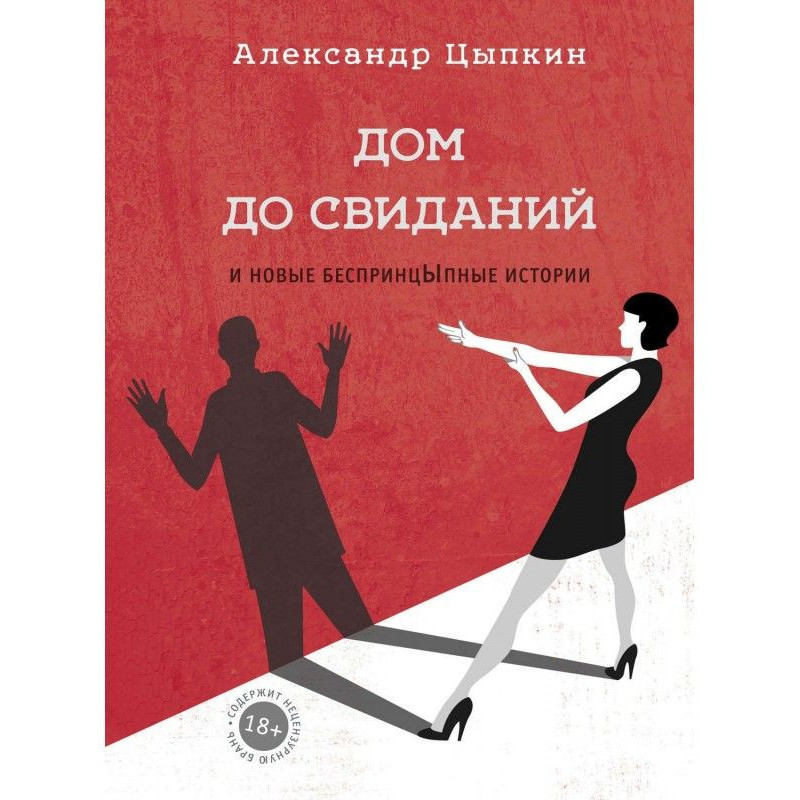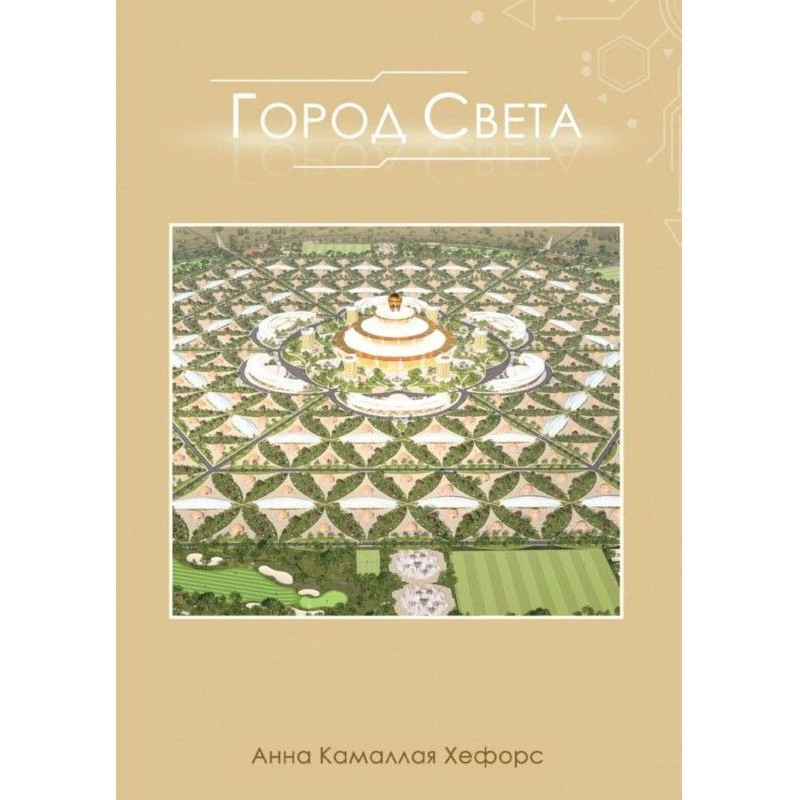CLIP at the edge of a rye field CHILDHOOD
 Instant download
Instant download
after payment (24/7)
 Wide range of formats
Wide range of formats
(for all gadgets)
 Full book
Full book
(including for Apple and Android)
There is no abstract in the printed edition
***
Translator’s abstract for the electronic version:
“Male” translation of the famous “The Catcher in the Rye” great American, published in 1998
***
“People often ask me why I took up some old stuff. And in general, is it necessary to translate what has already been translated? My answer is clear - yes! <...> For example, they talk about “The Catcher in the Rye”, they say, the last century, let the sixties be in awe of their rebel boy, but they themselves only grabbed the book in the “female” translation of forty years ago, that is, back in the Soviet Union , supervised. Do they know, for example, that after the story was published in the United States, it was banned from study in some secondary and higher educational institutions due to “the abundance of blasphemy and lack of love for the homeland”? "How? Where? - they are surprised. - But we didn’t notice. They seemed to read it carefully.” We read it carefully, but not at all the book that Salinger wrote - for the reasons mentioned just above.”S. Makhov, from the preface.
“The polemical orientation of this translation work is obvious: in order to differ from his predecessors, Makhov calls Salinger Salinger and tirelessly, in every line, argues with Wright-Kovalyova, whose translations in his preface are called “soviet” “ and “feminine”. Of course, this kind of translation extremism does not benefit the text, and yet this attempt to give the reader a “new Salinger” deserves attention, since with all the brilliant skill of R. Wright-Kovalyova, her translations of Salinger really smooth out the “sharp corners” ... the limitations of translation are quite obvious: youth slang that has no adequate analogue, the magical transformations of hamburgers, the constant softening of the narrator’s rude, twitchy intonation. These flaws are often explained by censorship: R. Wright-Kovalyova was not at all the well-behaved lady that the modern reader imagines her to be, she loved and knew how to use strong words, she begged the editor to let her insert at least the word “asshole,” but even this was not allowed to her... Alexandra Borisenko - About Salinger, “with love and all sorts of abomination” // “Foreign Literature”, 2001, No. 10.{1}
Data sheet
- Name of the Author
- Джером Сэлинджер Дейвид
- Language
- Ukrainian
- Release date
- 1998
- Translator
- Сергей Александрович Махов

